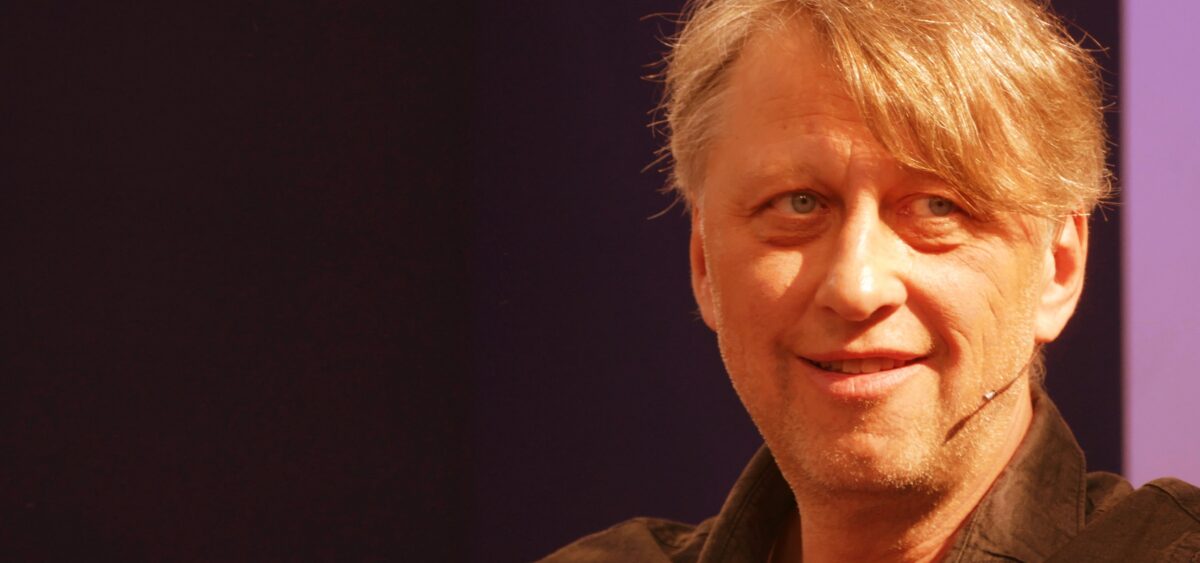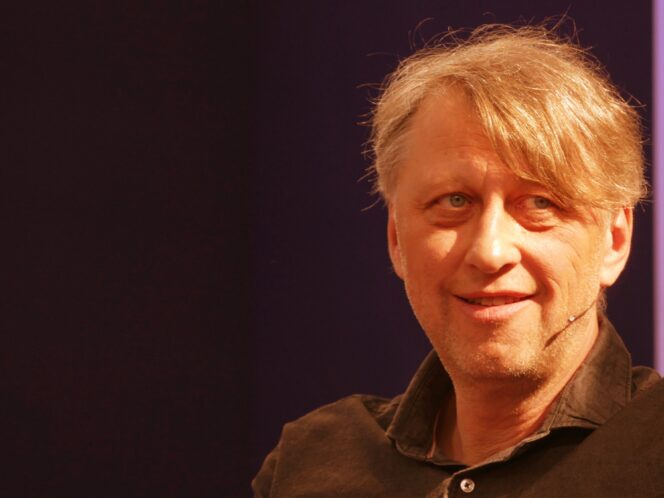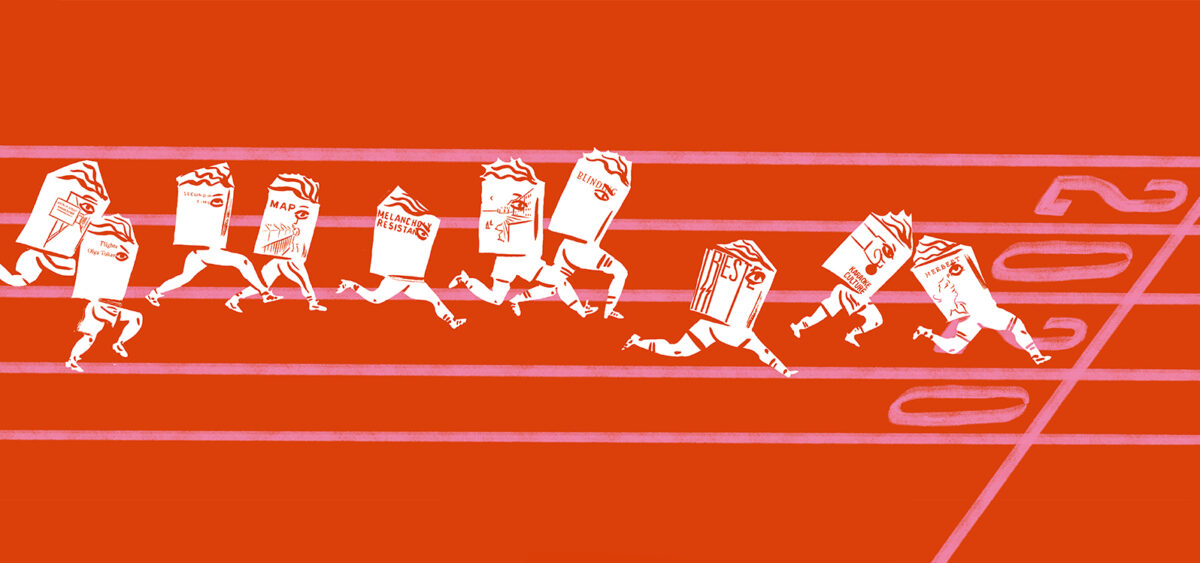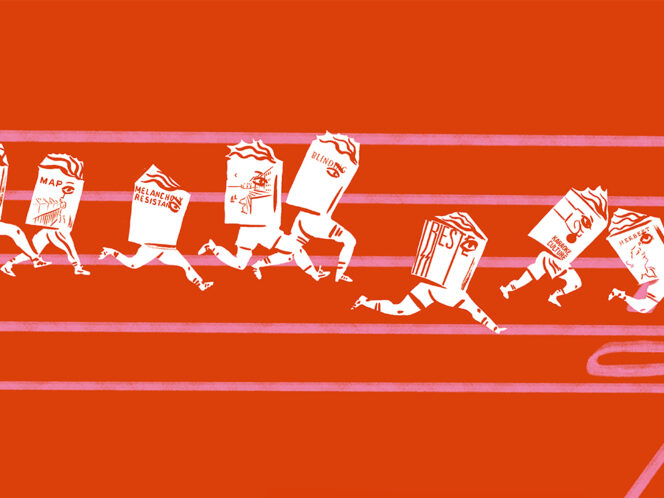
Nowadays, it is not your knowledge of Shakespeare that makes you European, but rather your readiness to help the Italians and Greeks tackle the refugee crisis, says Czech writer Jáchym Topol.
Łukasz Saturczak: Are we living in a swamp?
Jáchym Topol: We’re living in a beautiful world.
I have the impression that the characters in your book, A Sensitive Man, think otherwise.
This is a rather extreme view. I would rather say that they’re either happy or not. They represent a traditional patriarchal community that lives out of the way, in the woods or by the train station.
Buras, the protagonist of your novel, is a wandering actor unable to adapt to the new reality. He is driven away from wherever he goes, he can’t get along with anybody, he doesn’t feel at home anywhere. His life is cumbersome.
Do you not find this character relatable?
I – touch wood! – have never been driven away from anywhere so far.
Buras is a protagonist of a picaresque novel, which means that he is expected to be a wanderer. But, yes, the days








